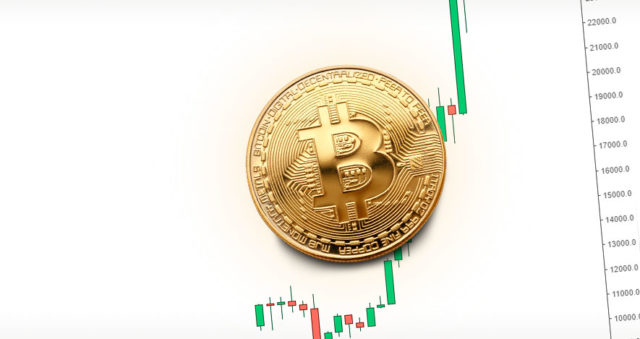In the first year of the Covid-19 pandemic, the global prevalence of anxiety and depression increased by 25%, according to the World Health Organization (WHO). The survey, released this Wednesday (2), highlights that young people and women were the most affected.
“The information we now have on the impact of Covid-19 on mental health around the world is just the tip of the iceberg,” said Tedros Adhanom, director-general of the WHO. “This is a wake-up call for all countries to pay more attention to mental health and do a better job of supporting the mental health of their populations,” he added.
Harmful factors to mental health
One of the main explanations for the increase in prevalence is the unprecedented stress caused by social isolation resulting from the pandemic. With the restrictions, there was also the loss of a job, of ties with relatives and friends and difficulties in getting involved with the community.
Loneliness, fear of infection, suffering and death of loved ones, intensified grief and financial worries were also cited as factors that lead to anxiety and depression.
Among health professionals, exhaustion has been a trigger for more serious mental health conditions.
A study led by the universities of Chile and Colombia revealed that health workers from 11 Latin American countries have high rates of depressive symptoms and other mental health impairments. According to the report, between 14.7% and 22% of professionals surveyed in 2020 had symptoms that led to the suspicion of a depressive episode.
Young people and women are hardest hit
The WHO survey is based on a comprehensive review of available evidence on the impact of Covid-19 on mental health and care services, including estimates from the most recent Global Burden of Disease study.
The document shows that the pandemic has mainly affected the mental health of young people and that they are at a disproportionate risk of developing behaviors considered harmful. Women were also more impacted than men. In addition, people with pre-existing physical health conditions such as asthma, cancer and heart disease were shown to be more likely to develop symptoms of mental disorders.
The data suggest that people with mental disorders do not appear to be disproportionately vulnerable to Covid-19 infection. However, when infected, they are more likely to experience hospitalization, serious illness and death compared to people without the disorders. Those with more severe conditions, such as psychoses, and young people with mental disorders, are particularly at risk, according to the WHO.
gaps in care
The increase in the prevalence of mental health problems has coincided with serious interruptions in services aimed at this population, leaving huge gaps in care. During much of the pandemic, services aimed at mental and neurological care and reducing the use of chemical substances were the ones that suffered the most from interruptions between essential services.
The WHO points out that many countries have reported long interruptions in mental health services, including those aimed at suicide prevention.
Although the situation improved at the end of 2021, even today there are difficulties in accessing the necessary care and support, especially for the diagnosis of new cases of depression and anxiety.
The WHO highlights that the increased availability of online care signals the need to expand the population’s access to digital tools, which remains a major challenge in countries and locations with limited resources.
The WHO working group calls for global investment in mental health. The most recent WHO Mental Health Atlas showed that in 2020, governments across the world spent on average just over 2% of their health budgets on mental health and many low-income countries reported having fewer than 1 health worker. mental health per 100,000 people.
“While the pandemic has generated interest and concern in mental health, it has also revealed a historic underinvestment in mental health services. Countries must act urgently to ensure that mental health support is available to all,” said Dévora Kestel, Director of the WHO Department of Mental Health and Substance Use.
Source: CNN Brasil







